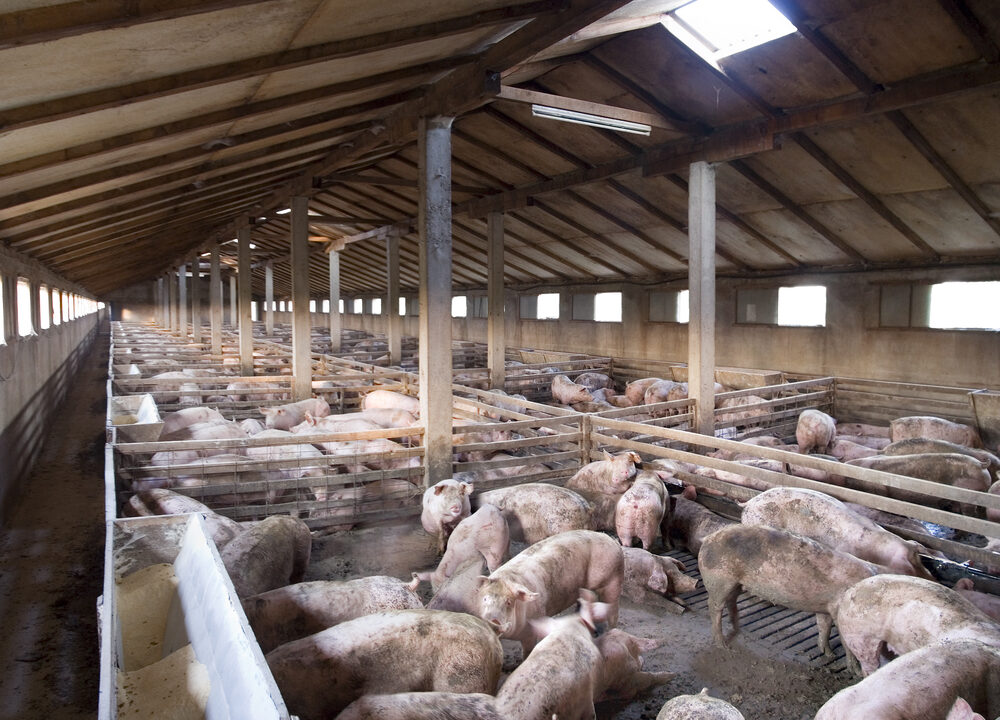Stress makes pigs more likely to suffer from Porcine CircoVirus Associated Disease (PCVAD) symptoms, according to the results of a recent study carried out by scientists at the Royal Veterinary College (RVC) in the UK.
PVCAD can lead to diarrhoea, wasting, respiratory distress and death. All of these conditions have infection with porcine circovirus (PCV) as a common underlying factor.
Up to this point it was assumed that the development of PCVAD needs PCV and a secondary infection for symptoms to occur.
However, for the first time the researchers at the RVC have shown that environmental stress in pigs from higher temperatures, crowding, or both, can induce symptoms attributed to PCVAD without any secondary infection.
Specifically, their work has confirmed that PCV2-infected pigs kept in temperatures above their comfort levels, or kept in pens smaller than current minimum guidelines allow for, were more likely to show reduced weight gain and had higher viral loads than those kept in cooler temperatures or larger pens.
“Within the initial part of this project, we identified specific risk factors on farms that had an impact on disease severity, said RVC’s Professor Dirk Werling, the leader of the project.
“Now, we were able to confirm that these risk factors really contribute to the severity of clinical signs under experimental conditions.
“These findings clearly show that sub-optimal management of pigs will have a further impact on economic losses. We are confident that our findings will have a really big impact for the pig industry, given the fact that PCV2 is so common.
“These findings clearly indicate that in addition to vaccination against PCV2, changes in the current farming systems can only be achieved in the long term through a more sustainable agricultural approach, which would involve a less stressful rearing environment for animals destined to be sold into the human food chain.
“As consumers increasingly prioritise good conditions for livestock, the pressure on farmers to produce food as cheaply and as quickly as possible might reduce.”

